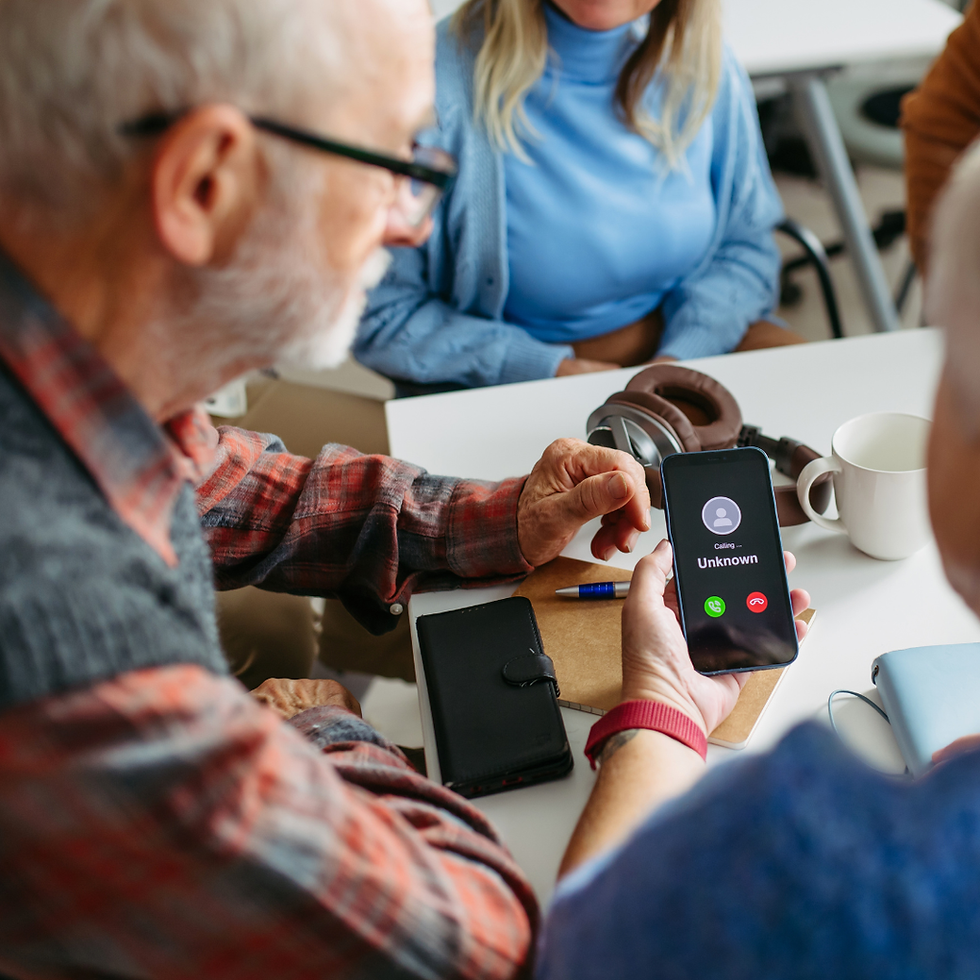Master These 10 Strategies to Outsmart Fraud and Stay Safe
- Santa Ana FCU
- Aug 21, 2023
- 1 min read

Strengthen Passwords:
Create strong, unique passwords for all your online accounts, combining letters, numbers, and symbols. Avoid using easily guessable information like birthdays or pet names.
Enable Two-Factor Authentication:
Activate two-factor authentication (2FA) whenever possible. This adds an extra layer of security by requiring a second verification step, such as a unique code sent to your phone, to access your accounts.
Beware of Phishing Attempts:
Be cautious of unsolicited emails, texts, or calls requesting personal or financial information. Verify the sender's authenticity before responding or clicking on any links.
Monitor Financial Accounts:
Regularly review your bank statements, credit card transactions, and other financial accounts for any unauthorized activity. Report suspicious transactions immediately.
Secure Your Devices:
Install reputable antivirus software and keep your devices' operating systems and applications up to date. Secure your Wi-Fi network and avoid using public networks for sensitive activities.
Shred Sensitive Documents:
Dispose of documents containing personal or financial information by shredding them. This prevents dumpster diving and reduces the risk of identity theft.
Protect Personal Information:
Be cautious about sharing personal information online. Only provide sensitive details on secure websites and avoid sharing unnecessary personal data on social media platforms.
Stay Informed:
Keep up-to-date with the latest fraud techniques and scams. Educate yourself through reliable sources to recognize and avoid emerging threats.
Be Skeptical of Unsolicited Offers:
Exercise caution when approached with unsolicited offers or deals that seem too good to be true. Trust your instincts and research before sharing any personal or financial information.
Use Trusted Platforms:
When making online purchases or sharing financial information, use reputable and secure websites or apps. Look for SSL encryption and trust seals to ensure your data is protected.




